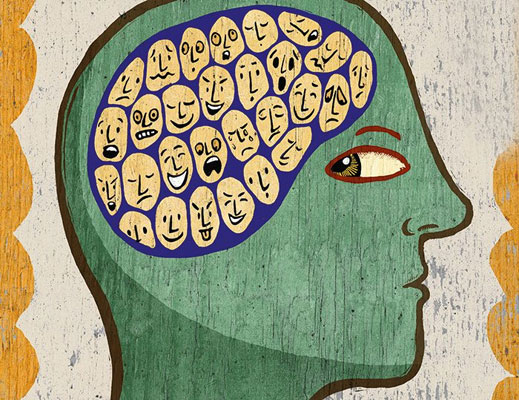Changing food habits can be extremely difficult. There is no nice way to gloss over this simple fact but to put it simply food is more than just fuel: it holds a potent emotional chain around our ankles and finding the key is 100% of the battle.
Perhaps eating fish and chips by the ocean has childhood memories? Having a bag of lollies brings flashbacks of fun times with friends? Eating chocolate filled croissants takes you back to memories of the Amalfi coast or ice-creams of times you’ve spent on summer holidays? These are all really common examples of how foods are related to positive experiences in our memories and the pull to recreate these, especially during times of stress, tiredness, anxiety or just feeling low. They are the hard wiring to our inner dialogue.
Without even realising it – our mind loves to chase things that make it/us feel good. Memories are the first port of call – with the hormone dopamine having a lot to answer for. Aside from food – alcohol, compulsive shopping, overexercising, drug abuse and even addictive social media appraisal all begin the same way. What began as a conscious decision (and gave way to a positive experience) now numbs the decision-making process as the brain relies on and chases memories. So, you can imagine for this reason, at any time of your life when the penny has dropped, and you wish to upgrade your wellbeing and health then simply following a ‘diet’ has short-lived results.
A common theme I hear when speaking with my clients is that parents used food as a form of comfort or reward during their childhood. Maybe it was eating crisps in front of the television at night (destressing, connection), a lolly after swim class (reward) or ice cream while you were feeling sad (comfort) these mental biases formed and modelled during childhood encourage decision making to be based on your deepest happiest memories.
Eating a plate of beautifully coloured roasted vegetables topped off with roasted pinenuts and garlic aioli either appeals to you or it doesn’t. Imagine you are faced with the choice of creamy pasta or a vegetable-based dish. Which one would you choose? That’s right the one that has the greatest pull towards positive memories for you. Fortuitously, the vegetable dish over time may have pull due to the realisation of how it is connected to how you FEEL after eating as new memories support your goals of losing desired weight. A lot of how we decide on ‘fork in the road moments’ is driven by our self-identity and belief system. The stories and rules we abide by to uphold ourselves. Again, these can be positive (I don’t have a sweet tooth) or negative (I have such a massive, sweet tooth) but whatever they are – they are rules that are once formed through experiences that we live by.
To challenge the process of making changes to your food habits it is helpful to not only dive into the scripts we have running in the background of our minds but by being clear on what your personal values are. Why do you want to lose weight, get fit, have more energy, and feel good in your skin, how does this has a connection with your belief and what matters to you. Having this will provide ammunition at times of low motivation and when you feel you are gravitating towards old patterns.
Some helpful questions you can ask yourself in forming your statement may include:
I want to lose weight because…
So that I can….
If I keep going on this way my future will look like….
Others around me will benefit from me losing weight because…
Allow your statement to be unique to you, honour your goals and be powerful enough in driving you forward.
I know it’s far from easy to give up some of your favourite foods that are not serving you well. It is a complex conversation to have with oneself but also a powerful opportunity to move away from food being driven by emotions to ones that are driven by satisfaction to thrive.





